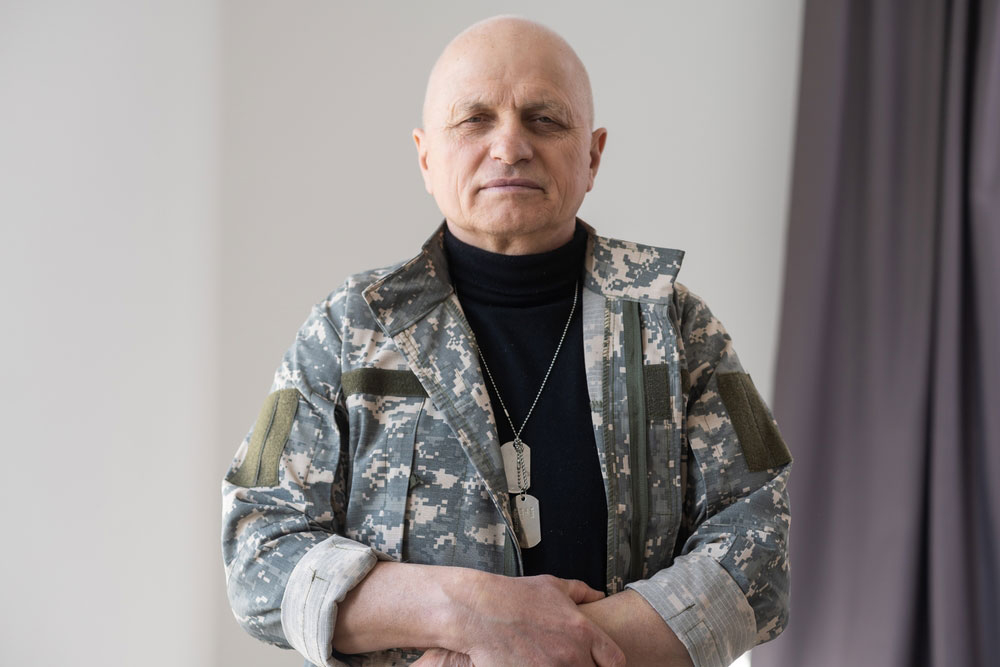National Public Health Week, observed during the first week of April, is time to spotlight a public health concern that significantly impacts our communities – veteran mental health treatment. The brave men and women who have served our country face unique challenges upon returning to civilian life, including the daunting task of managing PTSD and other mental health issues that can arise from their service.
Unfortunately, the hospitals and clinics within the VA’s vast health care network sometimes struggle to recognize, diagnose and treat mental illnesses effectively. As untreated mental health issues proliferate, they evolve into broader public health crises, manifesting in increased homelessness, suicidal ideation and other severe consequences.
The Gap in Mental Health Treatment for Veterans
Veterans face a distinct set of challenges, including PTSD, depression, anxiety and substance use disorders, stemming from experiences that are hard for many civilians to fathom. The Department of Veterans Affairs is a complex bureaucracy, often involving long wait times, staffing shortages and red tape. These hurdles can prevent veterans from receiving the timely and effective treatment they need and deserve.
The ramifications of these untreated mental health issues are profound. The lack of adequate care can lead to a downward spiral for former military service members, possibly culminating in consequences like job loss, family breakdown, legal problems and an increased risk of engaging in harmful behaviors. The public health implication is unmistakable – the entire community feels the impact when our veterans do not receive the mental health care they need.
Why Untreated Mental Health Is a Public Health Issue
Untreated mental health conditions among veterans are a pressing public health issue, contributing to several societal challenges. Veterans who do not receive needed care are at a higher risk of becoming unhoused, demonstrating the critical intersection between mental health treatment and homelessness prevention. Furthermore, the despair that comes from battling mental health issues without support can lead to suicidal ideation, a tragedy our nation witnesses far too often among the veteran population.
Hope by the Sea is proud to be a part of the solution as a member of the VA’s Community Care Network. We understand the unique challenges veterans face and offer specialized mental health treatment to address these needs effectively. We have designed our programming to bridge the gap left by traditional VA services, providing comprehensive, compassionate care that recognizes each veteran’s dignity and sacrifices.
Services like therapy and support groups identify the root causes of mental health issues. Our approach ensures veterans receive the timely, effective care they need to reintegrate into civilian life successfully and with their mental health intact. We are in-network with TRICARE and TriWest to ensure you can receive treatment without barriers to affordability.
When Time Is of the Essence, Get the Help You Need
The Department of Veterans Affairs trusts Hope by the Sea to provide accredited, evidence-based rehab services. To begin receiving care at Hope by the Sea, make an appointment with the VA. They will assess your condition and determine whether you need substance abuse treatment. They will authorize you to receive treatment through the Community Care Network if they cannot accommodate your needs or do not have immediate availability.
At this point, you are free to select Hope by the Sea as your provider and tell the VA about your decision. Once they refer you to our facility, we can provide same-day transportation to our campus, where you can begin healing. Contact our compassionate admissions staff to learn more about the Community Care Network and our veterans-only recovery program.

